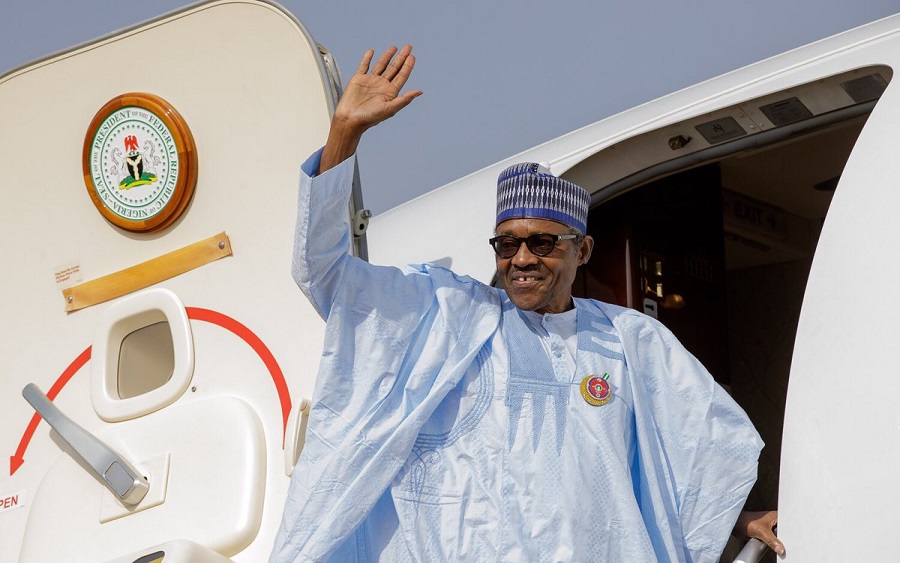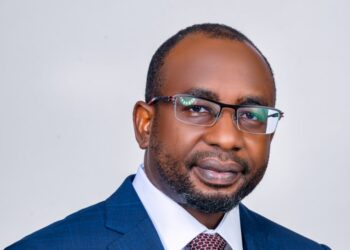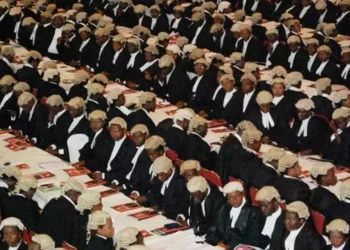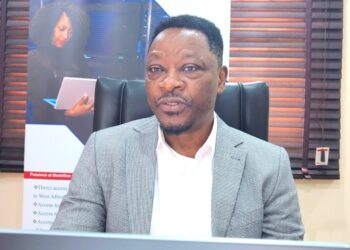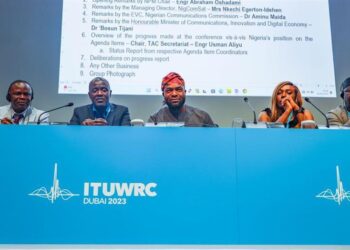As long as democracy has existed, there have been divergent views, or what some researchers describe as Democracy Skeptics. From Plato’s warning of the mass rule, to contemporary critics claiming authoritarian regimes can fast-track economic programs. In the case of Nigeria, President Muhammadu Buhari, in his 2020 Democracy Day speech, claimed that Democracy, especially his administration, has brought more fortunes to Nigeria than otherwise. Below are highlights of achievements and plans of his administration quoted from his speech:
- We have witnessed 11 quarters of consecutive GDP growth since exiting recession. The GDP grew from 1.91% in 2018 to 2.27% in 2019 but declined to 1.87% in the first quarter of 2020 as a result of the decline in global economic activities due to the COVID-19 pandemic. Every single economy in the world has suffered a decline. Ours has been relatively moderate.
READ ALSO: Power Liquidity Crisis: FG to commence disbursements of N600bn intervention fund
- In order to stabilize the economy, the Monetary Authority took steps to build the external reserves which resulted in improved liquidity in the foreign exchange market. The external reserves grew from $33.42 billion on April 29th 2020 to about $36.00 billion in May 2020 which is enough to finance seven months of import commitments.
- Agriculture remains the key to our economic diversification strategy. The Presidential Fertilizer Initiative programme continues to deliver significant quantities of affordable and high-quality fertilizers to our farmers. This initiative has also revived 31 blending plants and created a significant number of direct and indirect jobs across the value chain.
- Government is also revamping the cotton, textile and garment sector via a CBN Textile Revival Intervention Fund that would considerably reduce foreign exchange spent on cotton and other textile imports. Through the food security initiative, we are promoting “Grow What We Eat” and “Eat What We Grow”. I am also delighted that more and more Nigerians are taking advantage of the opportunities in the agriculture and agri-business sector. I assure you that the government will continue to support the Agriculture sector through the CBN Anchor Borrowers Programme and similar schemes.
- To protect our farming investments, we have deployed 5,000 Agro-Rangers and employed 30,289 in our para-military agencies. We are also integrating rural communities to the formal economy by extending access to credit and inputs to rural farmers and building feeder roads. Our efforts on growing non-oil exports have started to yield some results. For instance, in the past year, our revenue from Cocoa and Sesame Seed increased by $79.4 million and $153 million.
READ MORE: NNPC diversifies into housing, power; plans to beat crude production cost to $10 per barrel
- Africa presents a huge opportunity for our export base diversification and we are developing our strategy to grow intra-Africa trade through the Africa Continental Free Trade Area Agreement. Nigeria has risen by 25 places on the World Bank’s Ease of Doing Business ranking from 146th to 131st and is now rated as one of the top ten reforming countries. This development is due to the Visa on Arrival policy, consistent promotion of initiatives that expand facilities available to Micro Small and Medium Scale Enterprises, robust electronic registration and payment system, seamless processing of business registration and reduction of cost of registering business by 50%. We are confident that on-going efforts would result in further improvement of this rating.
- We remain committed to expanding our mining sector. To this end, I have directed the resuscitation of the Ajaokuta Steel Plant based on Government-to-Government financing and a Public-Private Sector financing. With foreign and domestic investments and the participation of Small Scale Miners, we are harnessing the supply value chain in gold production.
- The Power Sector remains very critical to meeting our industrial development aspirations and we are tackling the challenges that still exist in the delivery of power through different strategies. We are executing some critical projects through the Transmission Rehabilitation and Expansion Programme including the: a. Alaoji to Onitsha, Delta Power Station to Benin and Kaduna to Kano among others. Our agreement with Siemens will transmit and distribute a total of 11,000 Megawatts by 2023, to serve our electricity needs.
- On transportation, another critical sector to improving our economic competitiveness, we are growing the stock and quality of our road, rail, air and water transport infrastructure. Through the SUKUK-Funded Road Projects, a total of 412km of the targeted 643km road projects have been completed, representing 64%. The Presidential Infrastructure Development Fund projects are also progressing very well. On the 2nd Niger Bridge, piling work has been completed and the approach roads are being constructed. 48% of the work on this bridge has been achieved.
READ ALSO: Senate passes the revised N10.8 trillion 2020 budget
- The government continues to make investments in the Aviation sector to position it as a travel and trade hub in West Africa and the wider African continent. Airport Terminals in Abuja, Lagos, Kano and Port Harcourt are being expanded, while the rehabilitation of the Enugu Airport is almost completed. All our airports are being raised to international standards with the provision of necessary equipment, especially navigational aids, to guarantee world-class safety standards.
- For the first time in over ten years, Nigeria is conducting the bidding process for 57 Marginal Oil Fields to increase revenue and increase the participation of Nigerian companies in oil and exploration and production business. We continue to grow local content in other areas of the oil and gas sector with the disbursement of funds from the $200 million Nigerian Content Intervention Fund to indigenous manufacturers and service providers.
- Digital Economy continues to play an important role in our development agenda as we move into the age of Artificial Intelligence. 43. Since the creation of the Ministry of Communication and Digital Economy, the National Digital Economy Policy and Strategy has been launched. Steps have been taken to achieve a reduction of connectivity cluster gaps from 207 to 114 as well as increase the level of 4G coverage by 30%.
- Our pursuit of affordable housing for the low and middle-income earners has received a boost with the delivery of 1,200 housing units, provision of 520 service plots with infrastructure through a Public-Private Sector partnership and the issuance of 868 mortgages totalling N7.7 Billion. Similarly, Home Renovation Loans totalling N16.2 Billion have been granted to 19,210 people.

